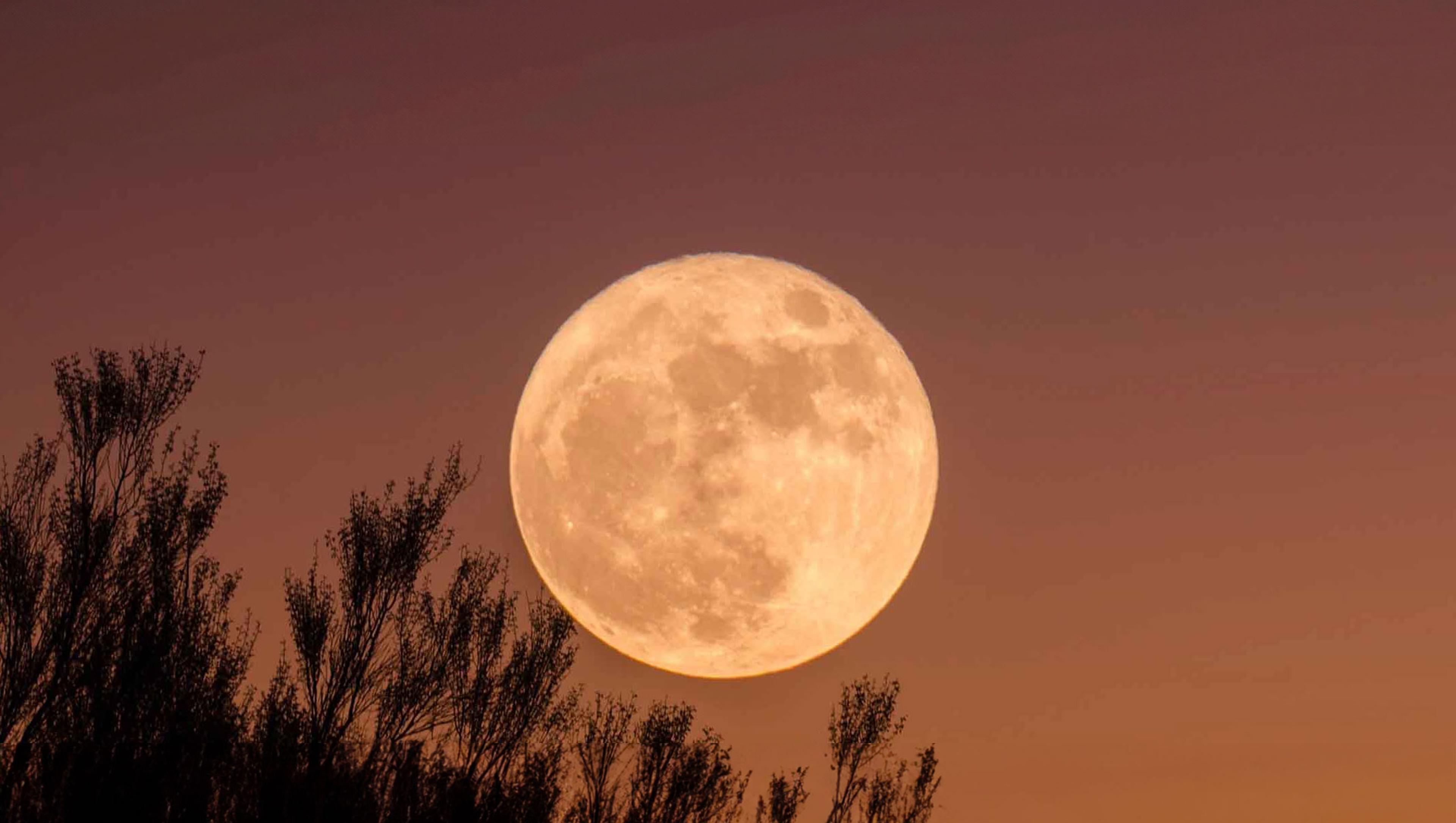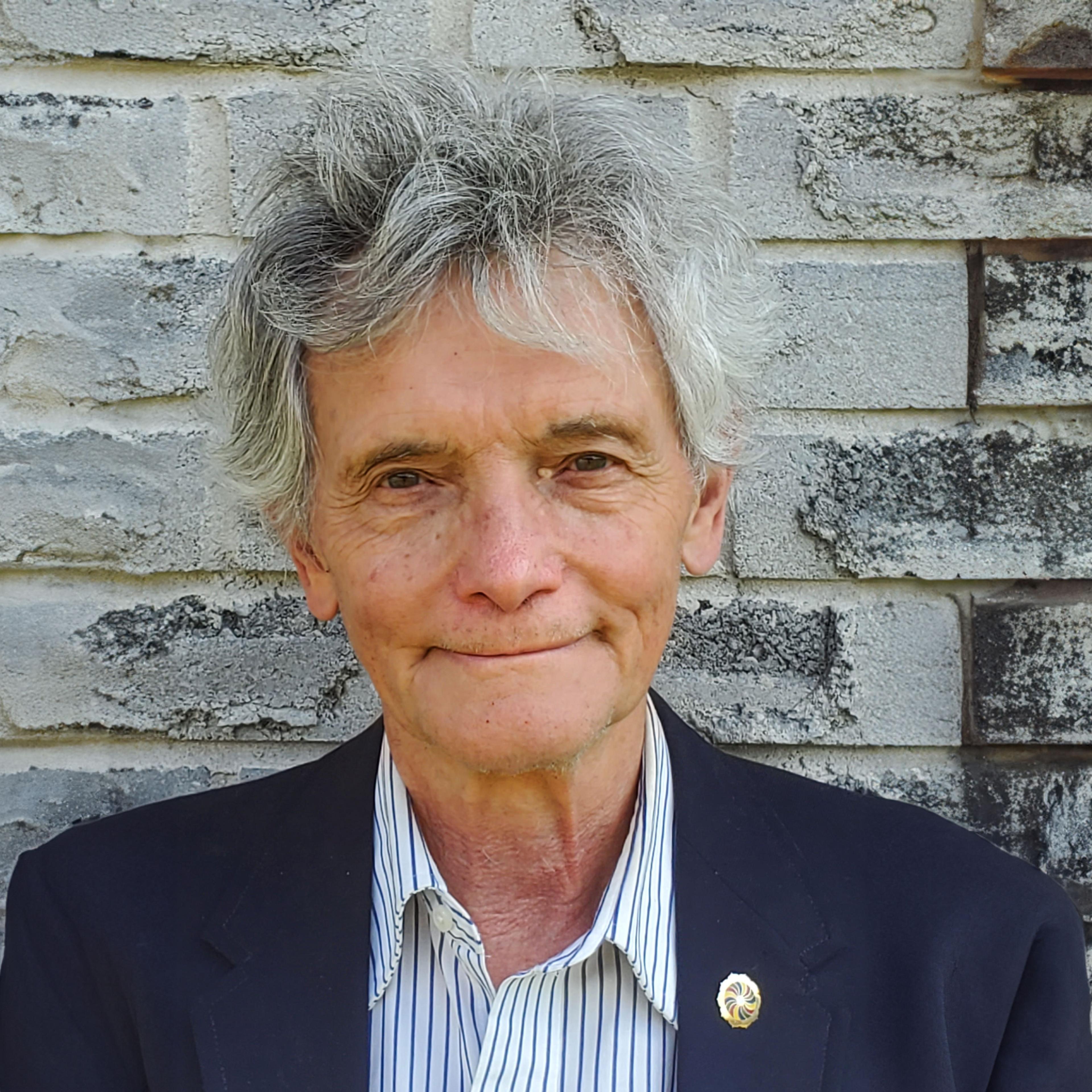Haiku, Daoism & Deep Ecology
The Way of Seeing and The Way of Nature

Instructor:
John McQuade
Date & Time Details:
September
Saturdays the 9th, 16th and 30th from 3 to 5pm
October
Saturdays the 14th and 28th from 3 to 5pm
Location:
Online
Program Fee:
Generosity Price - $145
Tuition - $108
Heart Gift:
Donation gift to the teacher.
Make a heart gift
Online Etiquette:
Contact Us:
Karmê Chöling
(802) 633-2384
info@karmecholing.org
The Way of Seeing and The Way of Nature
Haiku, Daoism and Deep Ecology unites art, philosophy, and ecology in a course that explores the profound connections between humanity, nature, and the contemplative arts.
Haiku - A Way of Seeing
Throughout the ages, humans have sought inspiration from the natural world, finding solace and creative expression in its beauty. From this inspiration, many of the contemplative arts have arisen. Classic haiku, a stylized form of Japanese poetry, is just such an art form. Relying on the sense perceptions, it very much embodies the human connection with the natural world.
Daoism - The Way of Nature
Daoism, is a philosophy that perceives life within the encompassing framework of "Heaven, Earth, and Humanity." In this view, human activities are part of the cyclical patterns of nature. Like the seasons, we pass through stages of birth, growth, maturation/seeding, death/hibernation, and rebirth. Daoism is a profound understanding that encompasses our place within the vast tapestry of existence.
Deep ecology - The Interconnectedness of Life
Deep ecology, is an environmental philosophy, stressing the intrinsic value of our planet and all living beings that depend upon it. With an awareness that recognizes the intricate interconnectedness between different life forms, this profound ecological awareness has been likened to a spiritual awakening. It reminds us of our responsibility to protect and nurture the Earth.
An interdisciplinary approach
The focal point of our class will be the practice of contemplative haiku. However, there will be a rich array of teachings from these diverse disciplines:
- Daoism
- Chinese contemplative art
- Japanese contemplative art
- Western interpretations of Deep Ecology
This broad range of artistic and ecological topics will inform our discussions and writings.
A class for all levels of experience
Whether you are an aspiring writer or are just curious and seeking new perspectives, this class is open to all. No prior writing experience or familiarity with Daoism and Deep Ecology is necessary.
For those already immersed in Daoist practices such as Qigong and Chinese Medicine, this course promises to unveil new insights. It has the potential to enrich any contemplative art practice, offering a profound lens through which to perceive the world and invigorate your creative expression. Moreover, for those actively engaged in environmental issues, this course provides an opportunity to deepen your understanding and nurture your connection with the natural world.
Learning to write haiku
During our 5 class sessions:
- There will be comprehensive instructions given on crafting haiku
- The first class will be a general introduction with the first assignment given out
- You will be asked to create 5 haiku poems and email them to the instructor for personal review. This step will greatly deepen your understanding and refine your writing skills in this medium.
- From the haiku submitted, a selection will be made to share at the next class
- These haiku will be read and we'll discuss them as a group
- With each class there will be a new assignment for the next week as well as talks and discussions.
Deepen your connection to the natural world
Join us on this journey of self-discovery, artistic expression, and ecological consciousness. Let the synergy of haiku, Daoism, and Deep Ecology guide you towards a deeper understanding of our place within the interconnected web of life.
An invitation to an online haiku group
For those interested, this course will open participation in the Moon and Sun haiku group. This is an on-line contemplative haiku group that shares and appreciates each other’s haiku. It also includes some “in house” teachings.
Dates & times
This program will run 5 Saturday afternoons from 3:00pm - 5:00pm ET.
The dates will be:
- Sept. 9
- Sept. 16
- Sept. 30
- Oct. 14
- Oct. 28
Pricing
Karmê Chöling values its commitment to making programs affordable and available to all who wish to study with us. To support this commitment we provide two program price options.
Generosity Price: $145.00
You're able to help us with this commitment by choosing the "Generosity Price". The money above the basic tuition cost goes into a scholarship fund for those who might not be able to attend a program otherwise.
Tuition: $108.00
This is the price of the program, it does not include housing options or material fees.
Policies
Payment Policies:
Please read the payment policy before proceeding with registration.
Financial Aid:
Karmê Chöling offers full-time student discounts, scholarships and other financial aid.
Program Credit:
If using existing program credit to pay for a program, you must pre-register for this program at least two weeks prior to the program start date by calling the front desk (802-633-2384 x3000). Program credit may not be used to pay for housing or practice materials and may not be used on or after arrival day.
Instructor

John McQuade is the founder of Nalanda Miksang Contemplative Photography and AbsoluteEye: photography as Modern Art.
He holds a PhD in phenomenology and has taught at many institutions such as Trent University, York University, the Omega Institute and the Haliburton School of Art.
He is a long-time meditation student of the renowned Buddhist and Shambhala Master Chogyam Trungpa, Rinpoche. In this context, he is a certified meditation instructor, Shambhala Training teacher and Maitri Space awareness facilitator.
He is the co-author of two books: Looking and Seeing and Heart of Photography.
Share This
